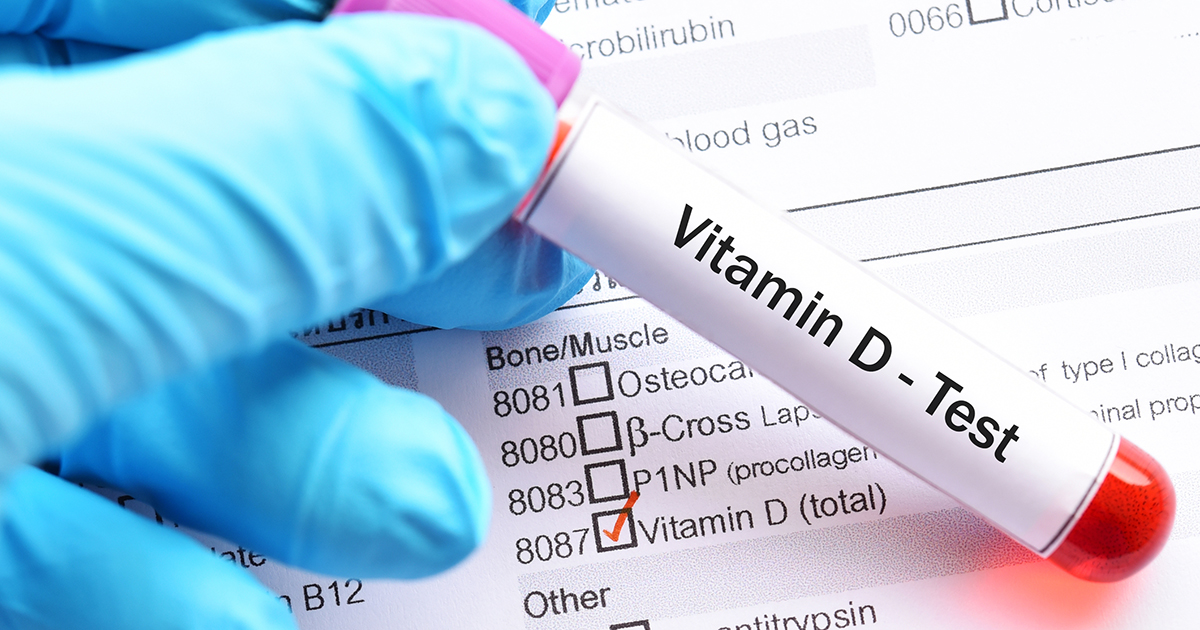Causes Of Hypocalcemia To Watch For
Hypocalcemia is the lack of adequate calcium in the bloodstream and body. Without calcium, the nervous system cannot function effectively. Along with magnesium, sodium, and potassium, calcium acts as a gate through which nerve impulses are conducted. Patients who lack any of these electrolytes will experience adverse side effects, some of which include muscle stiffness, soreness, a lack of feeling in fingers or toes, irritability, fatigue, and depression. Several factors can cause hypocalcemia. Take a look at the most common now.
Vitamin D Deficiency

An inadequate amount of vitamin D in the body prevents the digestive tract from absorbing calcium. A vitamin D deficiency can occur in one of two ways: either you aren't eating enough foods with vitamin D, or your body lacks a specific protein that breaks down vitamin D so it can be absorbed. This lack of protein often stems from a lack of sunlight. The ultraviolet radiation aids in breaking down proteins into molecules that can bind with vitamin D. Everyone needs to get approximately half an hour of natural light each day. If this is not possible, look for an ultraviolet lamp or a blue light, as they mimic the sun.
Vitamin D is a fat-soluble substance, and individuals who have a higher percentage of body fat need to eat more of it. Consult a doctor or dietitian for the exact amount. Milk is one of the leading sources, but others include cheese, egg yolks, and fatty fish.
Learn about the next cause of hypocalcemia now.